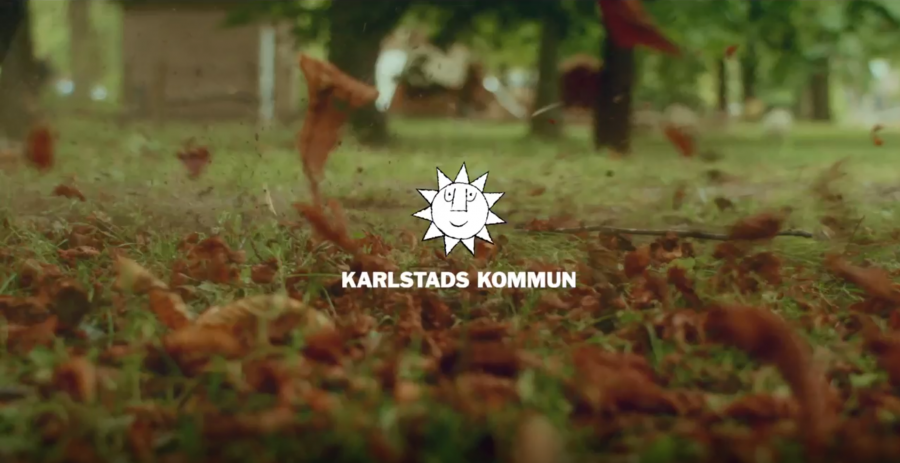The government will fail to meet its aim to radically improve the health of children and young people unless its addresses the critical role of the built environment, argues a new report published today by the Town and Country Planning Association (TCPA).
Raising the healthiest generation in history Raising the healthiest generation in history builds on the insights from over 130 individuals and organisations who submitted evidence as part of a government inquiry on children and young people and the built environment earlier this year.
The report has been written by the TCPA in collaboration with the group who called for the inquiry: Playing Out, Fields in Trust, childhood expert Tim Gill and architect Dinah Bornat.

The 2024 Labour party manifesto committed to ‘raise the healthiest generation of children in our history’. But the current national picture creates cause for concern. Children and young people’s physical and mental health is in serious, long-term decline, and is exacerbated by poverty and inequality. By the time they reach 15-years old, the UK’s children report having the lowest average life satisfaction compared to their peers in 26 other European countries.
Giving every child the best start in life is critical to reducing health inequalities across the life course. Where a child lives – the built and natural environment around them – is crucial. Yet whilst the planning system and built environment professionals are obliged to consider statutory equality groups and issues like wildlife habitat, they rarely acknowledge the needs of children. In the main body of the National Planning Policy Framework for England, children are mentioned only once, and the words ‘youth’ and ‘young’ are entirely absent.
Raising the healthiest generation in history summarises the evidence from the 2023 Levelling Up, Housing and Communities (LUHC) Committee inquiry into children, young people and the built environment and draws out recommendations for Westminster government ministers and departments. Overwhelmingly, the evidence highlighted the urgent need for change from the centre to support local and community actions.
Key recommendations include:
- Change national policy and practice to prioritise the creation of child-friendly places, spaces and communities, such as nature-filled spaces close to homes, doorstep play, and safe, well-connected streets.
- Establish national leadership for children and young people’s wellbeing, such as appointing a cross-departmental minister for children, and fully incorporating the UN Convention on the Rights of the Child into domestic law.
- Prioritise opportunities for play, including through the development of a national play strategy for England.
- Commit to a spatial justice approach to transport and mobility, including integrating a child-focused approach in transport policies.
- Enhance access to nature and green spaces where children and young people feel welcome, by delivering the Environment Act 2021 commitment to ensure a Green Infrastructure Standard of access for all to good quality green and blue space within a safe 15-minute walk from home, and updating the Equality Act 2010 to protect children and young people’s rights in public spaces
- Provide all children and young people with a secure, high-quality homes.
Gemma Hyde, Projects and Policy Manager at the TCPA, said: “Where children and young people live has a profound impact on their healthy development and life chances. The structure of government and its operation influences every opportunity that children and young people have to thrive. Yet, children are rarely considered, or their input accepted, in policy making and decision taking at the national and local government level, including decisions about the built environment, which means we are failing to create places and spaces that meet their needs and support them to grow into healthy, happy adults.”
A spokesperson for Playing Out said: “Reversing the deep and worsening crisis in children’s health and wellbeing means restoring children’s ability to get outside, to move, play and socialise. Creating safe, child-friendly streets, estates and neighbourhoods is a huge part of this. We hope the government sees this report for the game-changing opportunity it is to do things differently: to put children’s needs first and facilitate the healthier, happier lives they so desperately need. There is huge energy, expertise and will across many sectors ready to work together and make it happen.”
Helen Griffiths, CEO, Fields in Trust said: “Over 2 million children don’t have access to places to play close to where they live. The consistent failure to prioritise children’s needs and voices in relation to the built environment has resulted in places that do not offer opportunities for children to be an active part of their communities. The political will to raising the healthiest generation that ever lived creates a fantastic platform to reverse this position and ensure that our children and young people have access to space they need to learn, play, grow and thrive. It is an opportunity that must not be missed.”







